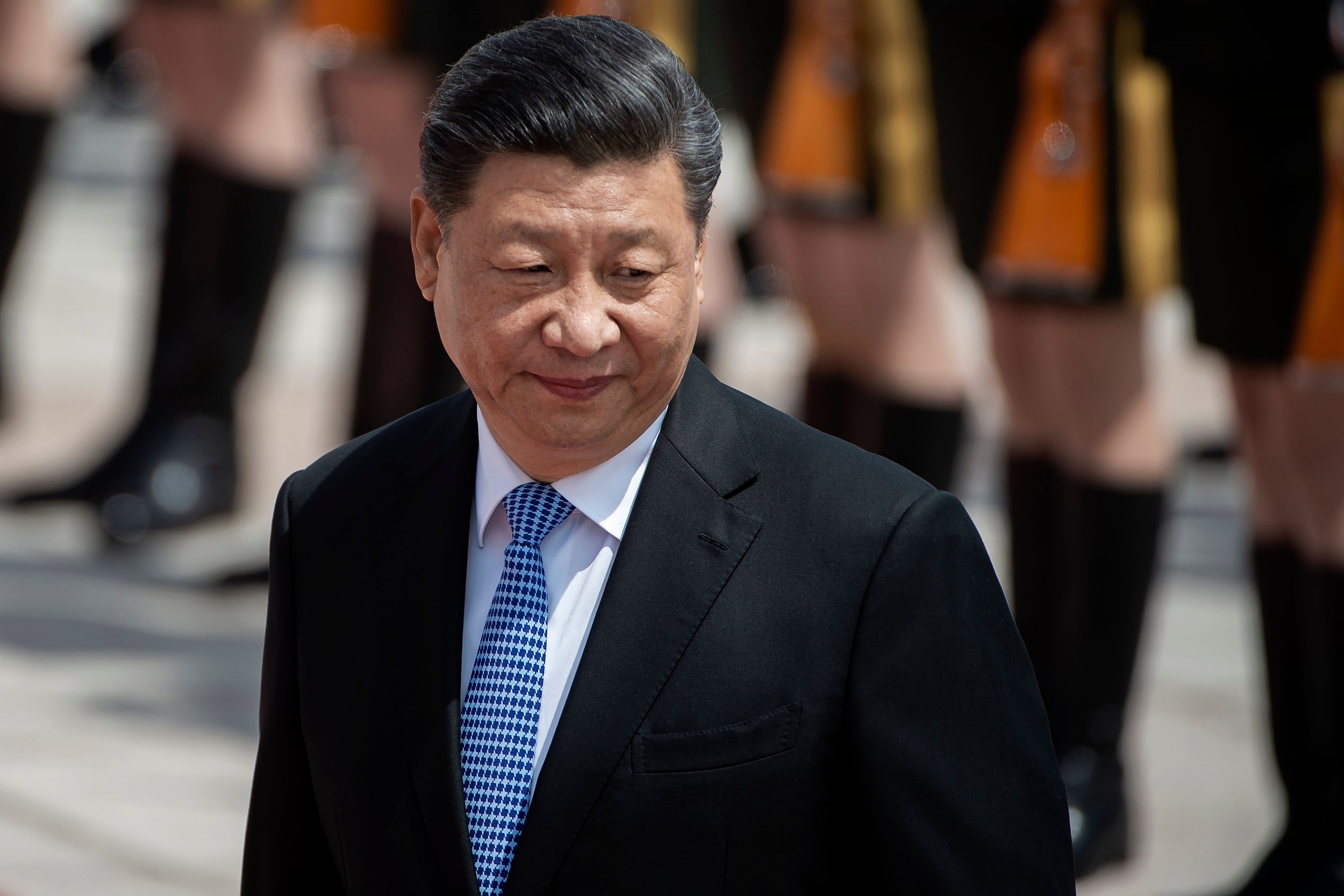
President Donald Trump thought he had a historic deal—one that he would happily take to his political base next year, as the 2020 election approached. After months of trade negotiations with the Chinese government, the agreement, he told reporters at the White House, "was 95 percent" done.
Then something happened.
According to Trump's negotiators, Beijing began walking back commitments it had already made. In particular, U.S. officials say, China objected to Washington's insistence that the agreement state that Beijing must rewrite specific laws governing intellectual property, subsidies that go to state-owned industries and forced technology transfer, among other issues. All of those are at the heart of U.S. complaints about doing business with China.
But another political "base" mattered as well: President Xi Jinping's. Though the Communist Party he heads runs a smothering, authoritarian government, it's not as if Beijing's rulers don't pay close attention to popular opinion. To the contrary, the great lengths the government goes to trying to shape public opinion, through the use of state-owned media, or by rigorously censoring social media, shows just how much they care what average citizens think.
And while the government has not commented on the details of the trade talks with the U.S., Chinese scholars and former government officials say that if the U.S. version of the story is true—that Beijing walked away from commitments about rewriting laws—they are not at all surprised that the talks broke down.
"There is not a chance a Chinese leader could agree to put something like that in writing," said Shen Dingli, a political scientist at Fudan University in Shanghai.
In fact, there is widespread skepticism in China that the story put forth by the U.S. side in the wake of the failed talks is true. Why? Because it's almost inconceivable that any Chinese official at any level would agree to a text that says China agrees to rewrite some of its laws at the behest of a foreign nation. From the Opium Wars of the mid–19th century to Japan's occupation of huge swaths of the country in the 20th, China's 19th- and 20th-century history is one of subjugation and colonization at the hands of foreigners.
Historians on both sides of the Pacific noted the irony that the latest trade talks with the U.S. foundered right around the centennial anniversary of the so-called May Fourth movement. On that date 100 years ago, thousands of students gathered in Beijing's Tiananmen Square to protest the terms of the Treaty of Versailles, which ended World War I and gave Japan the right to occupy part of northeast China. Some of the participants were founders of the Communist Party. (In 1989, students would again gather in Tiananmen to commemorate the May 4th movement and demand democracy; the protests ended tragically a month later with the Tiananmen massacre.)
Even a flicker of the notion that the leadership was jumping at the behest of a foreign power is politically toxic in China. The idea that the government would put in writing, for the U.S. side to display to all the world, that it would change specific laws "is pretty much unthinkable," said a former Foreign Ministry official in China's previous government. Even if chief trade negotiator Liu He, China's vice premier and Xi's principal economic adviser, did agree to that, Xi most certainly could not.
On Saturday, the People's Daily wrote in an editorial, "The text of any trade agreement must be balanced and expressed in a way that is acceptable to the Chinese people and does not undermine the country's sovereignty and dignity."
That's the main political concern now at work in China when it comes to the U.S. and trade. But it's not the only one. Xi still has to weigh carefully just how much economic cost he can bear from increasing U.S. tariffs.
It's true that recent stimulus measures had apparently stabilized growth in China, which had been slowing significantly. But Xi also needs to reduce China's debt levels as a percentage of its total economy—a ratio that has surged over the past decade—and the new stimulus merely adds more debt. Moreover, though exports are not as important to China's economy as they were a decade ago, they are still significant, and the tariffs already in place has prompted a lot of manufacturers in industries such as textiles and footwear to relocate to low-wage countries such as Vietnam. If Trump follows through on his threat to slap 25 percent tariffs on an additional $325 billion of Chinese-made goods, that trend will accelerate.
Xi, in other words, still needs a deal. But whatever its final terms, it can't include language that has China rewriting its laws because the U.S. demands it. That's why, for now and likely the next several weeks, China's state-owned media will be playing the patriotism card hard.
"Having experienced 5,000 years of winds and rain, what circumstances has the Chinese nation not witnessed before," said a defiant news anchor on CCTV, Beijing's premier state-owned TV network.
When that kind of rhetoric begins to diminish, that will be a sign Xi is ready to come to the negotiating table again. Whether, in the meantime, Trump has gotten the message about China's "sovereignty" is anybody's guess.
Uncommon Knowledge
Newsweek is committed to challenging conventional wisdom and finding connections in the search for common ground.
Newsweek is committed to challenging conventional wisdom and finding connections in the search for common ground.
About the writer
To read how Newsweek uses AI as a newsroom tool, Click here.






